
Some foods are more likely to make you bloated and prone to flatulence - Photo: Media Feed
Farting is a natural response to the food you eat, a sign that your body is functioning properly. Studies show that the average person farts between 13 and 21 times a day. Here are 8 foods that are likely to make you bloated and prone to gas.
Beans
Beans, like lentils, peas, and chickpeas, are notorious for causing bloating and gas. Beans contain a type of carbohydrate called oligosaccharides, which our small intestines cannot break down on their own. So these complex carbohydrates pass down to the large intestine, where bacteria consume them and produce gas as a byproduct.
To reduce gas caused by beans, soak beans in water overnight before cooking, which helps break down some of the oligosaccharides, making them easier to digest. Adding spices like cumin or ginger to your beans can also help reduce gas.
Cruciferous vegetables
Cruciferous vegetables like broccoli, cauliflower, and Brussels sprouts are a great source of nutrients, but they are also notorious for causing gas and bloating. These vegetables are high in fiber and raffinose, a sugar that is difficult for the human body to digest.
This complex carbohydrate reaches the large intestine, where gut bacteria use it for energy and also produce gas.
Dairy products
Many people experience bloating and gas after consuming dairy products. According to the U.S. National Library of Medicine, up to 65% of people have difficulty digesting dairy as they age.
This is because some people lack the enzyme lactase, which is responsible for breaking down lactose - the sugar found in milk. When the body does not have enough lactase, lactose is not broken down and goes down to the large intestine, producing gas and causing bloating.
There are some simple ways to reduce milk-related gas, such as switching to low-fat dairy products, as they are easier to digest. You can also add fruits that contain enzymes that help break down complex carbohydrates, such as pineapple, papaya, and kiwi. Additionally, taking probiotics can also help improve digestion and reduce gas.
Carbonated drinks
A study published in the journal Clinical Gastroenterology and Hepatology found that drinking carbonated water significantly increased bloating and gas compared to drinking plain water. Carbonated drinks contain carbon dioxide gas, which causes your stomach to expand, leading to bloating.
Artificial sweeteners
A study in the journal Nutrients found that consuming artificial sweeteners like sucralose and aspartame can increase gas production in the intestines, leading to bloating and discomfort. It’s best to stick with natural sweeteners like honey or maple syrup, or better yet, get your palate used to less sweet foods.
Fried food
Crispy, salty, greasy fried foods may be delicious, but they can also cause stomach discomfort after eating. A study published in the American Journal of Gastroenterology found that eating fried foods can increase gas production in the intestines, causing bloating, discomfort, and flatulence.
Fried foods are often high in fat and sodium, which are not good for the digestive system. Fat and sodium retain water, slowing down digestion and making it harder for the body to break down food and absorb nutrients.
Some fruits
Apples, bananas and peaches are often considered symbols of healthy eating, but they can be the silent culprits causing bloating.
According to a study in the Journal of Agricultural and Food Chemistry , these fruits are particularly high in fiber and contain fructose, a type of sugar that is difficult to digest. Undigested fructose passes into the large intestine, where gut bacteria break it down and create gas.
Oatmeal
According to one study, the high fiber content in oats can ferment in the gut, producing gas as a natural byproduct.
In general, to reduce bloating, eat slowly and chew thoroughly to help your body digest more easily and reduce the amount of gas produced. You can also add gut-friendly foods such as yogurt, kefir or kimchi because they contain probiotics that help regulate digestion.
Source: https://tuoitre.vn/8-loai-thuc-pham-quen-thuoc-de-khien-ban-roi-vao-canh-boi-roi-2025091117302593.htm



![[Photo] President Luong Cuong receives US Secretary of War Pete Hegseth](https://vphoto.vietnam.vn/thumb/1200x675/vietnam/resource/IMAGE/2025/11/02/1762089839868_ndo_br_1-jpg.webp)


![[Photo] Lam Dong: Images of damage after a suspected lake burst in Tuy Phong](https://vphoto.vietnam.vn/thumb/1200x675/vietnam/resource/IMAGE/2025/11/02/1762078736805_8e7f5424f473782d2162-5118-jpg.webp)

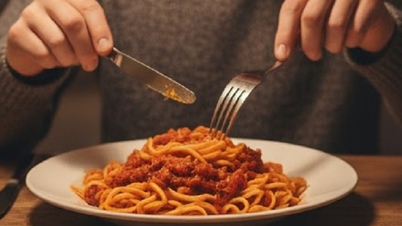






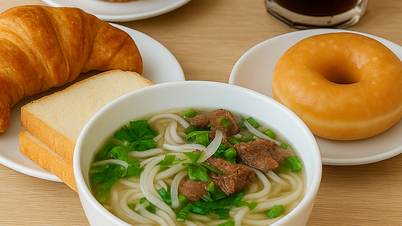
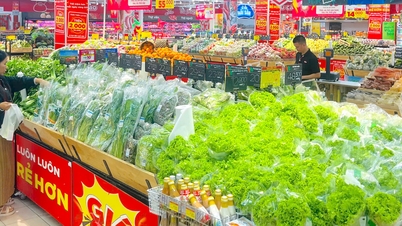

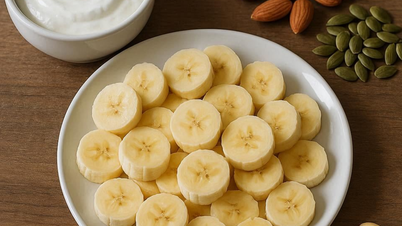

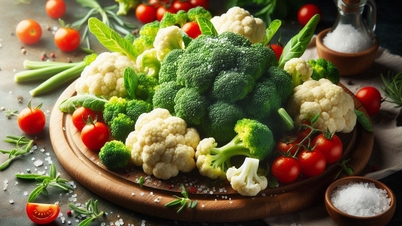

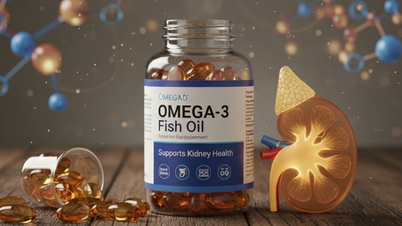















































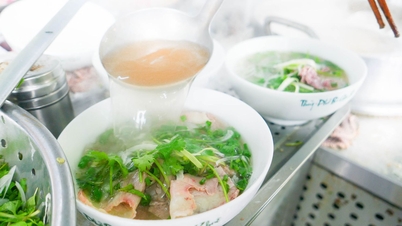















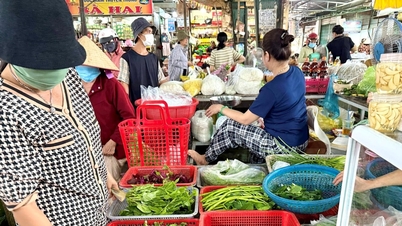






















Comment (0)